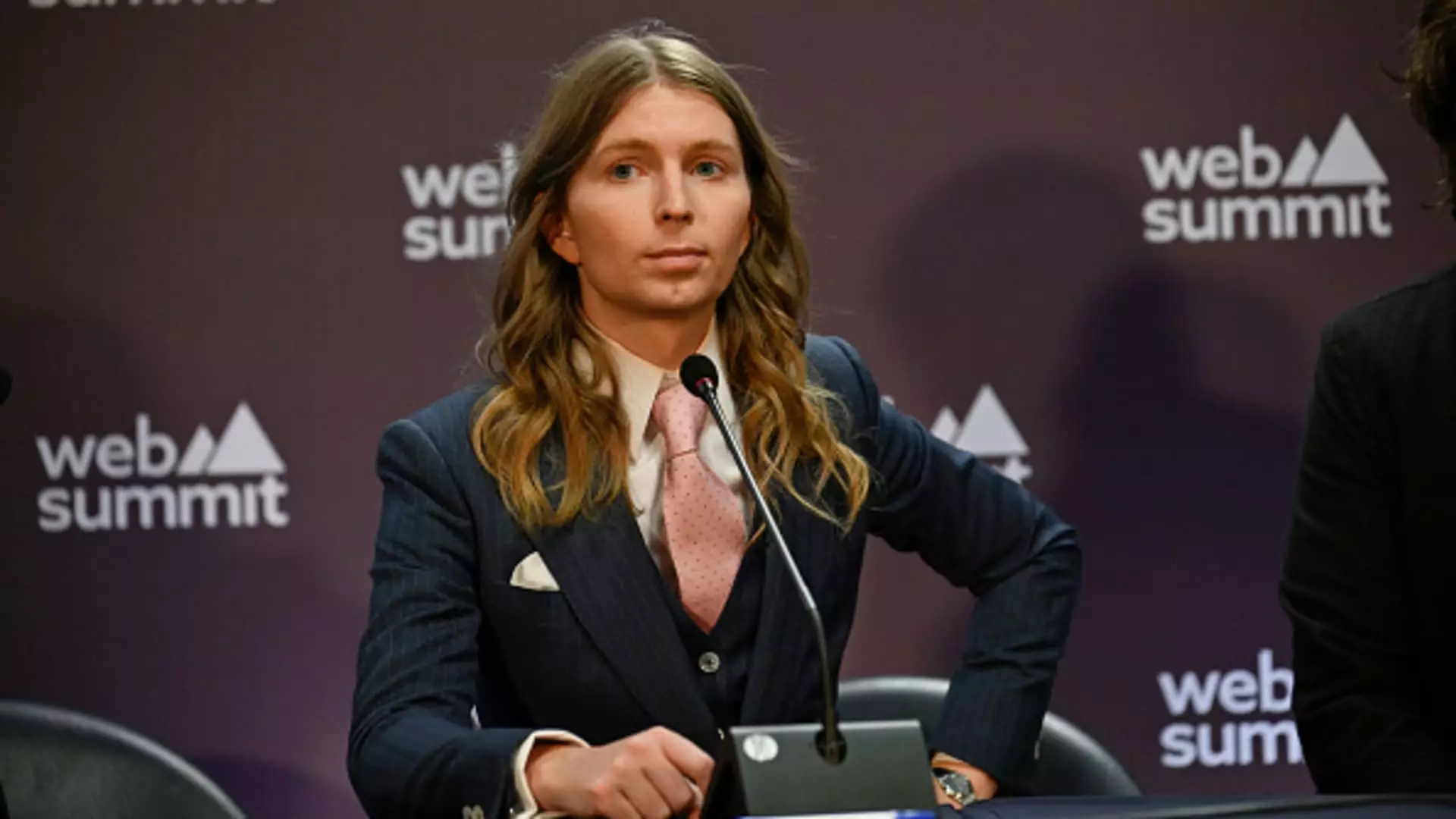In recent discussions surrounding online freedom, former U.S. Army intelligence analyst Chelsea Manning has voiced crucial concerns regarding the escalating risks posed by censorship in today’s digital landscape. At the Web Summit tech conference in Lisbon, Manning emphasized that censorship remains a “dominant threat,” urging for a restructured approach to internet governance that prioritizes individual autonomy. The conversation touches on vital themes in the ongoing debate over online safety protocols, particularly as tech executives grapple with the balancing act of content moderation.
Manning’s perspective highlights the necessity of evaluating not merely who is exerting censorship but also the motivations behind it. She notably identifies the current role of algorithms in determining which content is elevated or suppressed, suggesting that the dynamics at play in today’s social media environment create an unsettling framework for information dissemination. As tech platforms increasingly resemble monopolies, the pressure to conform to algorithmically-driven engagement metrics only exacerbates the issue of censorship.
In her talk, Manning advocates for a return to a decentralized and distributed model of the internet reminiscent of the early 1990s, albeit revamped to accommodate a more diverse user base. The potential for “decentralized identification” emerges as a pivotal concept in this discourse, allowing users greater control over their personal data without being shackled to corporate constraints. By leveraging technologies like encryption, individuals can reclaim agency over their digital identities, creating a more equitable online ecosystem.
Manning contends that existing tech business models necessitate a significant reevaluation. “A better social contract” must be established to clarify how information is shared and accessed, fundamentally reshaping the economics of the internet in a manner that empowers users rather than exploiting their data. A transition to such a model could potentially disrupt the current dominance of large tech companies, fostering a more vibrant exchange of information while safeguarding individual privacy.
The conversation also delves into Manning’s experiences as a whistleblower and the evolving landscape for those who decide to expose wrongdoing. With the digital revolution ushering in an overwhelming abundance of information, Manning notes the complicating factor of discerning truth amid a deluge of digital content. In today’s context, governments appear to have shifted their focus from maintaining secrecy to perpetuating misinformation, creating a convoluted climate for whistleblowers striving for transparency.
In her view, the dichotomy of secrecy versus transparency has evolved into a more nuanced struggle: distinguishing authentic information from deceptive narratives. As a result, whistleblowers now face the formidable task of sifting through vast amounts of data to identify credible sources. In an age where misinformation can spread rapidly and widely, the stakes for those attempting to navigate this complex environment have never been higher.
Manning’s insights underscore a broader societal inquiry into the principles governing online interactions. As the digital realm continues to evolve, the challenges posed by censorship and misinformation demand urgent attention. Advocating for a decentralized internet is not merely a technological preference; it serves as a call to action for greater accountability and individual protection against the far-reaching tentacles of digital censorship.
Moreover, the implications of Manning’s thoughts extend beyond the realms of tech and governance; they resonate deeply within the spheres of civil liberties and human rights. The fight for a free and open internet is intrinsically tied to the rights of individuals to express themselves without fear of retribution. As digital landscapes become more homogenized, the necessity for diverse voices and perspectives becomes increasingly crucial.
Manning’s contributions to this vital discourse remind us that the future of the internet rests not just in the hands of corporations, but in the collective will of individuals advocating for a more equitable digital society. The pathway to a decentralized, user-centric internet is fraught with challenges, but with dedicated effort and enlightened discourse, it remains a pivotal objective worth striving for in our increasingly digital life.

